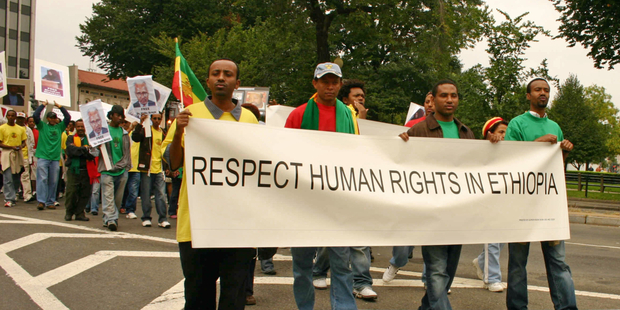
By Adotei Akwei,Managing Director for Government Relations and Kayla Chen, Government Relations and Individuals at Risk Intern at Amnesty International USA
Sub-Saharan Africa is facing a growing trend of evaporating political space. Non-governmental organizations are being heavily and often violently restricted, and newspapers, bloggers and other voices of dissent or criticism are being silenced or intimidated into exile.
SEE THE REST OF THIS POST
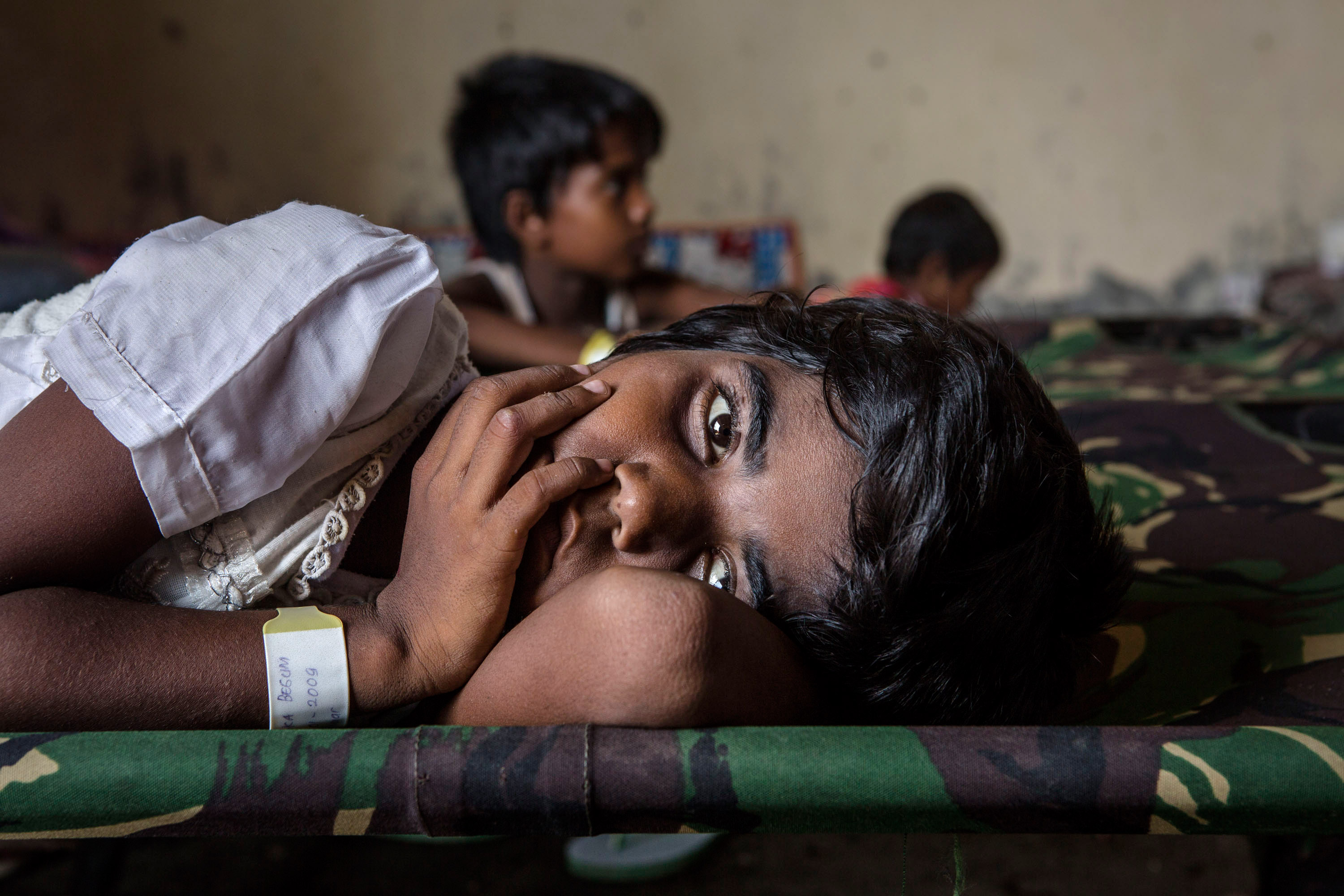

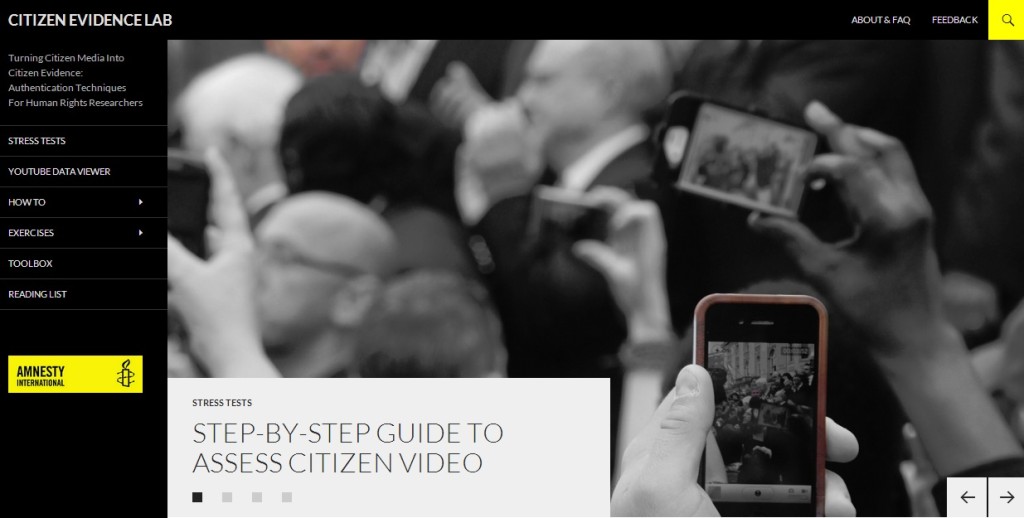
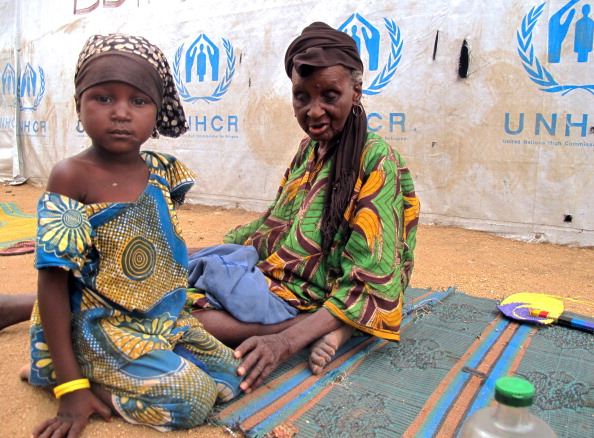
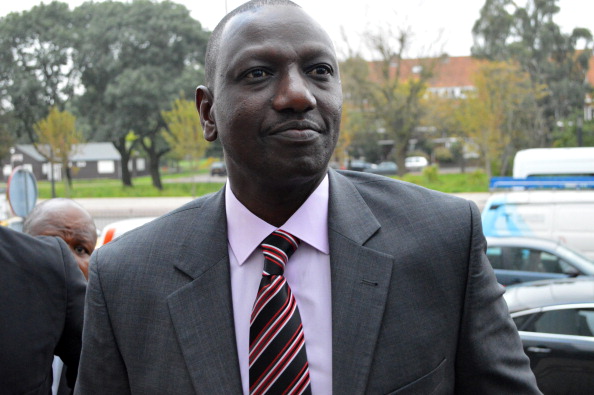
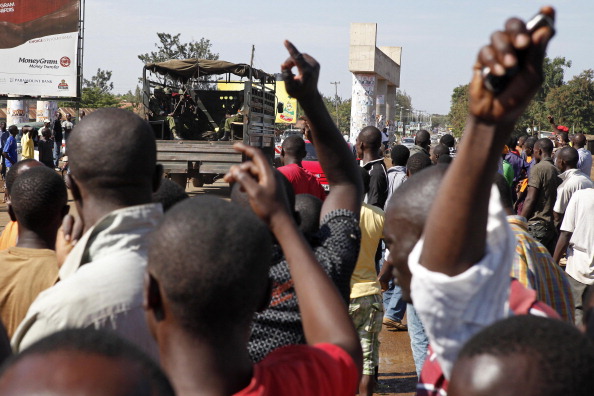
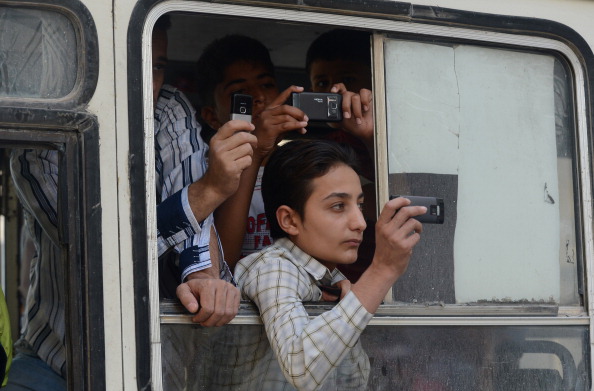
 On Monday, the International Criminal Court (ICC) ruled that
On Monday, the International Criminal Court (ICC) ruled that 